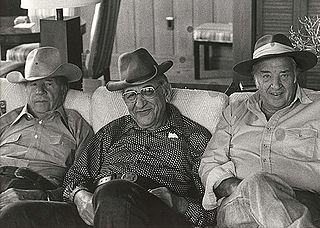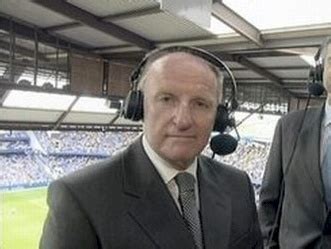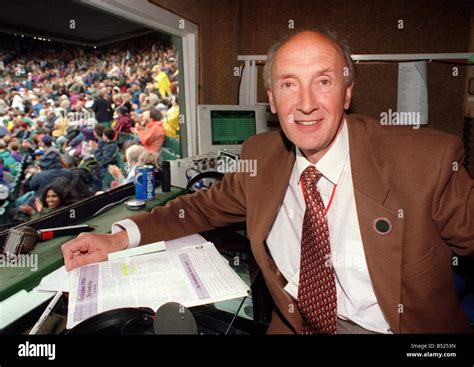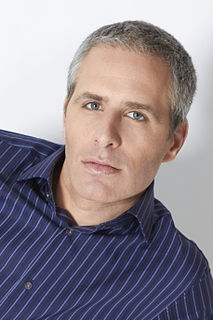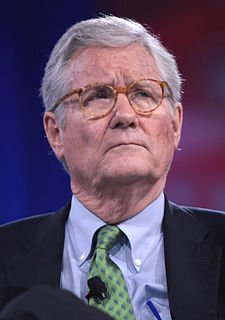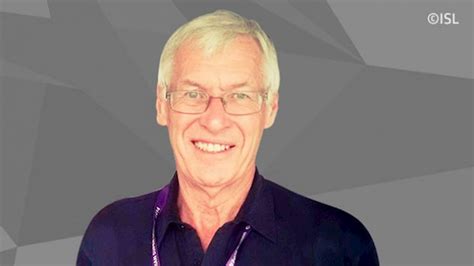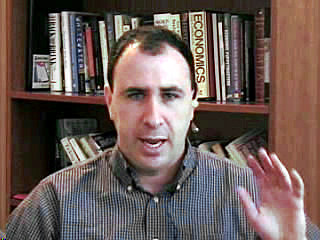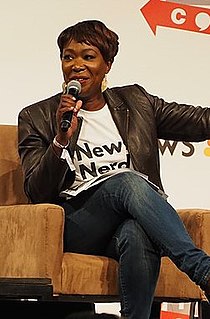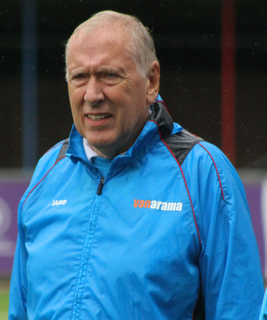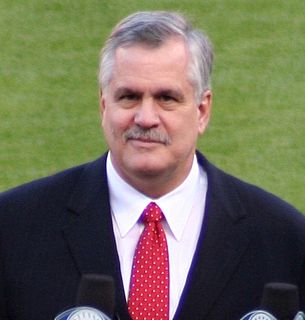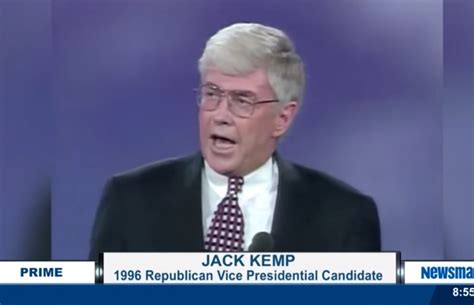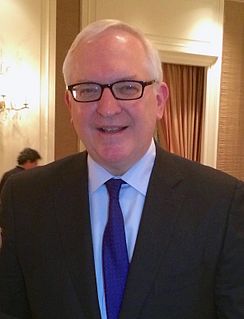A Quote by William Kristol
And on this issue of the Shia in Iraq, I think there's been a certain amount of, frankly, Terry, a kind of pop sociology in America that, you know, somehow the Shia can't get along with the Sunni and the Shia in Iraq just want to establish some kind of Islamic fundamentalist regime. There's almost no evidence of that at all. Iraq's always been very secular.
Related Quotes
Right, because they're looking at also organizing the Sunni tribes up around Mosul to take back that city as well. That's the second largest city in Iraq. That's going to be a very, very tough fight. And the Shia militias were not used in Ramadi, and we're told by the Iraqi generals that they don't want any Shia militias up in Mosul, either, to take back that city. So - but again, that's going to be a very, very tough fight.
The politicized version of Shia Islam that we see in the Islamic Republic post-1979 clearly is very conservative, but, there are other things one could say about Ayatollah Khomeini's concept of a Shia state because that in itself is a blasphemy as far as most Shia clerics are concerned. There's a theory that he developed in the early 1960s in the town of Najaf talking about - well not liberalism, necessarily, but flexibility though.
I don't think the whole of Iraq would be under al-Sadr, but I think he would be the predominant force on the Shia side. Quite contrary to his sort of maverick, firebrand image, he's shown a propensity to deal with the other side, to look for compromises, to negotiate. You might have a loose federation [in Iraq].
The Western alliance should have supported the Sunni opposition against the Assad regime from the beginning. As far as Iraq is concerned, if it had stayed stable the way it was in 2008, IS would not have been able to expand in Iraq the way they did. The mistake was that Barack Obama withdrew the armed forces from Iraq too fast.
[A conflict of Sunni vs. Shia] is in the mind of the Saudis, and this is in the minds of the Wahabists.
[The Iranians] actually what they are doing is the opposite. They tried to open channels with the Saudi, with many other Islamic entities in the region in order to talk about Islamic society, not Sunni and Shi'ite societies.







